Here are some top-of-the-line Hacks Master Gardeners Would Never Tell and how you can use these tips for the best ever gardening!
Wondering what the top gardening tips that you might be missing are? Check out the best Hacks Master Gardeners Would Never Tell anyone, but we will!
Check out TikTok plant care hacks to keep your leafy friends alive in 2021 here.
Hacks Master Gardeners Would Never Tell
1. Test Germination
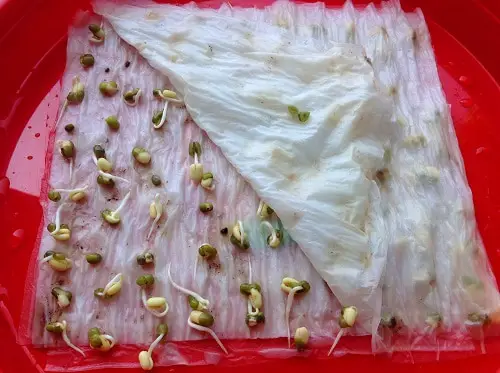
Test the germination rate of your seeds before planting. Place them on a damp towel or cloth, and keep them in a plastic bag for 10 days. The seeds that sprout are good to go!
2. Solarize the Soil
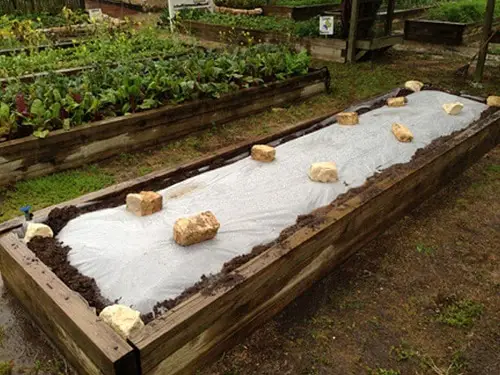
The trick here is to get rid of all the weeds in the garden or the area where you plan to grow plants. Mow the ground, water it well, and cover the area with a plastic sheet. The weeds will grow, but the trapped heat of the plastic will destroy them in 6-8 weeks.
3. Use the Rainwater
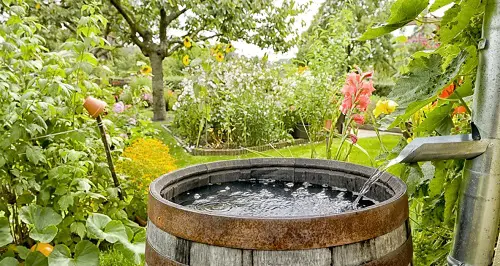
Rainwater is a boon for plants as it is 100% soft and contains no chemicals, making it ideal for all kinds of indoor and outdoor plants. Moreover, rainwater consists of Nitrogen in the form of Nitrates. Plants can easily absorb it, and this is why you must have noticed that a sudden downpour can stimulate more plant growth than any artificial fertilizer.
It is always a great idea to store it for future purposes. Also, if you’re going to store it for a long time in the open, adding 2-3 teaspoons of liquid soap to the water will ensure mosquitoes are not laying their eggs.
4. Save Your Tools
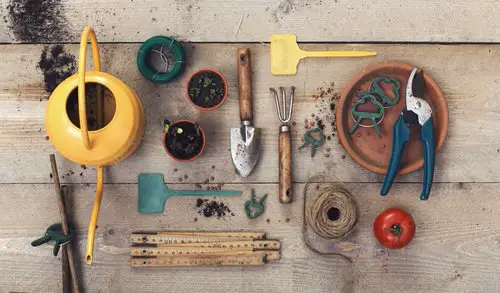
Rusty and dirty tools can contaminate your plants. It is a great idea to rinse them with water after use and coat them with a layer of coconut oil to keep them shining and working like new.
Coconut oil has antimicrobial properties, which means rubbing it on tools will save you from spreading fungal infections. Also, once you are done using the tools, poke them in a bucket of clean sand.
5. Store Seeds
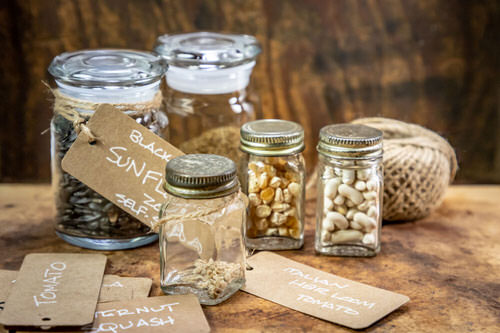
When it comes to storing seeds, make sure the place is cool and dry. If you do not have a cold storage room, then put the seeds in an air-tight container and store them in the refrigerator.
Heat and humidity can shorten the seed life. Properly stored seeds can last up to 5-10 years but using them in the first 2-3 years is much better.
6. Take Care of the Bad Guys!

You can repel nasty garden pests by trying this simple hack—use soapy water to get rid of many types of insects. Also, try growing marigolds around your vegetable plants, these plants can prevent most of the infestations. One more trick is to grow host plants so that all the pests will attract towards them, instead of plants you value.
7. Give Your Plants a Coffee Treat
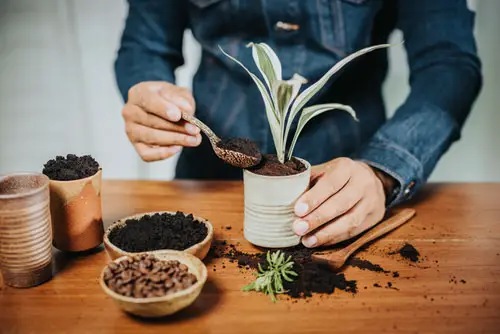
Instead of trashing leftover tea and coffee grounds, use them in your garden beds for soil amendment. As it works in improving your soil texture, it can also acidify the pH of the soil in the long run. Once a month, sprinkle 1/4 inch around acid-loving plants like azaleas, rhododendrons, and blueberries.
You can always use items from your kitchen for gardening. Leftover vegetable and pasta water, fishheads, eggshells, wines, baking soda, liquid soap–These are all useful in the garden.
Have a look at some amazing coffee ground uses here
8. Vinegar to the Rescue

Vinegar can be used to soften the outer shell of seeds, as this hard membrane interrupts the germination process. Soak the seeds overnight in a bowl of water with 5-8 drops of white vinegar.
This process will help the seeds to sprout quickly and improve the chances considerably. Not just this, there are countless other vinegar uses in the garden, which you can check below.
Here are amazing vinegar garden hacks that you can use
9. Keep a Tab on the Temperature
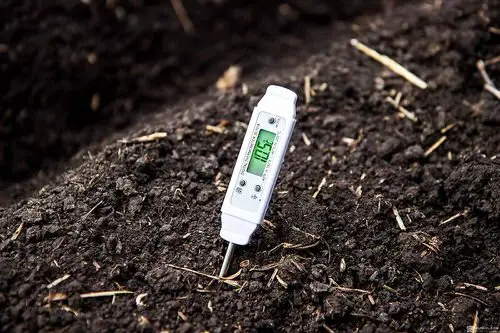
Apart from using an oven and grill thermometer for Thanksgiving turkey and barbecues, you can use it to find out the warmth of the soil for planting. This is very important when you’re sowing seeds, propagating cuttings, transplanting, or dividing the plants.
Note: A digital or meat thermometer can also work as well.
10. Trim Wisely
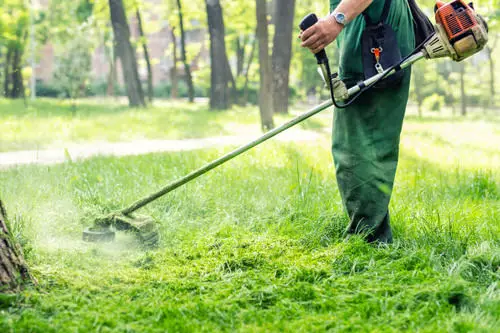
Always measure the length of the grass while using automated trimmers in the yard. If the grass length is low, the blades of the trimmer will end up hitting the ground and will get damaged.
You can also use a device to keep track of the grass length.


